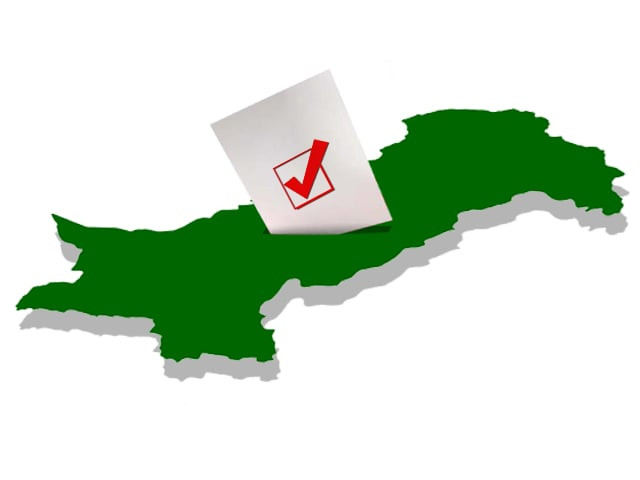Elec-tion-ary: [Election-in-1970]
Representation of People Act 1976.

With the coming into force of the Representation of People Act 1976, the legal framework for holding the general elections as provided by the 1973 Constitution was completely in place. DESIGN: EMA ANIS
With the coming into force of the Representation of People Act 1976, the legal framework for holding the general elections as provided by the 1973 Constitution was completely in place. The Representation of Peoples Rules were formed days later. The 109-clause Act replaced the Presidential Orders of 1970 under which the previous elections were conducted, though it made a few major amendments to them.
The Act prescribed that the officers responsible for the conduct of elections, would be liable for two years imprisonment, a fine of Rs 2,000, or both, if found guilty of misusing official position to influence election results, which included tampering with nomination papers, ballot papers, ballot boxes, seals etc. A police officer deputed at a polling station was authorised to arrest a person on the recommendation of the presiding officer on charges of impersonation or other polling-related offenses.
The Act specified the number of days that the electoral procedures shall take. The Election Commission was required to issue the notification for holding general elections within two days from the day of finalisation of nominations. The Act raised the limit of the candidates’ election campaign expenses from Rs 25,000 to Rs 40,000 in case of National Assembly elections and from Rs 15,000 to Rs 20,000 in case of Provincial Assembly elections. All the contesting candidates were required to file a statement of expenses within 45 days of the notification of the final results.
Earlier, laws attempted to check the conflict of interest between the commercial enterprises and the legislators by barring contractors/suppliers engaged with any part of the government from taking part in elections. The Act relaxed the rules on the premise that the public sector enterprises had expanded massively by large scale nationalisation of commercial enterprises and the restrictions will deprive a considerable number of people from their democratic rights. The Act prescribed that a wining candidate with commercial linkages with the government will have to write under oath to the commissioner concerned and declare his/her commercial interest. The Act also barred public servants from contesting election unless two years had passed since their retirement or resignation.
(Courtesy: Free and Fair Election Network: FAFEN).
Published in The Express Tribune, April 14th, 2013.



















COMMENTS
Comments are moderated and generally will be posted if they are on-topic and not abusive.
For more information, please see our Comments FAQ